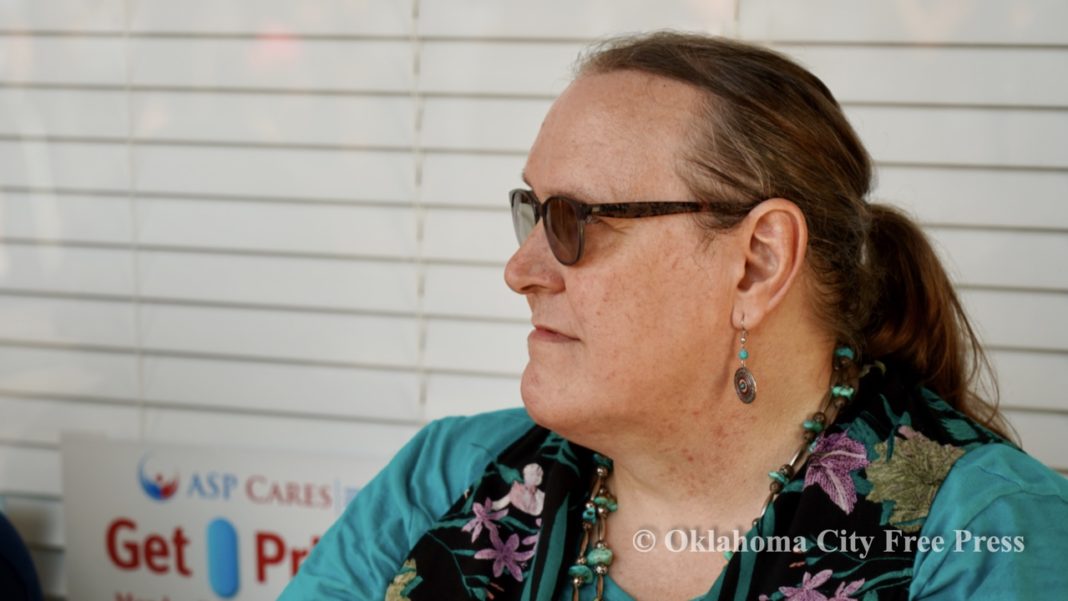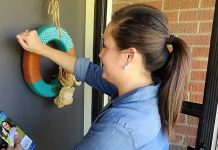Last Updated on January 5, 2024, 12:57 AM | Published: March 26, 2021
Paula Sophia Schonauer, LCSW, continues a serial memoir with this second installment. If you haven’t read the earlier parts of this series take a look:
- Manhood, from the inside out — Memoir and Mythology;
- Manhood from the inside out, part 2 — Cubby Hole
The darkness was no longer a comfort. My light-starved eyes filled with tears, and panic struck my heart. I pounded on the little door, feeling it move beneath my strikes, letting in glimpses of light like a flashbulb, enough to dazzle my eyes. Feeling disoriented and trapped, I began screaming, continuing the onslaught of pounding and kicking but to no avail.
No response from the other side.
After several minutes I got quiet again, listening carefully for noise downstairs, nothing, no more shouts, no heavy footfalls on the stairs or in the adjoining room. I fell into a heap of despair, sobbing and alone, my only comfort a sliver of light coming through a gap between the doorframe. My pounding had managed to warp the door enough to let in some light, but not nearly enough.
I placed my hand on the stab of light as if to grasp it, wishing it could launch me from confinement, but I went nowhere, watching as the light slowly moved across my hand and back to the floor. The light stretched for a while, piercing the darkness near the back of the cubbyhole. All too soon, the light lifted and disappeared, leaving me in a pit of blackness. Amid heat, darkness, and total exhaustion, I fell asleep, a discomfiting slumber somewhere between dreams and nightmares, but the uneasiness eventually faded into blissful unawareness.
I had a dream…
I was a little boy playing on a grassy hillside, rolling down the hill like a log. After repeating this several times, I was dizzy and delirious with laughter. I paused to regain balance at the top of the hill, gazing upon the valley spread before me. I was higher than the highest trees and so very close to the few clouds in the sky. I could almost touch them.
Before plunging down, again, I saw a circle of girls at the bottom of the hill. They wore flouncy, white dresses, each with ribbons adorning long hair, and they were holding hands, dancing, and singing, happy and giggling, gushing while they talked. Mesmerized by their voices, I sauntered down the hill.
They laughed when they saw me, but it wasn’t scornful laughter, rather, it was full of delightful surprise. The girls gathered around me, brushed the grass off my jeans and t-shirt, and they lifted me, carrying me effortlessly above their heads, singing. They laid me down in a patch of grass, longer and cooler than the hilltop grass, wispy and fine. A breeze caressed my arms, rushed through my hair, giving me a chill of pleasant expectation.
One of the girls smiled at me, stuck her fingers into the grass, and pulled up a hunk of dirt. The other girls did likewise until they had created a panel of sod which they folded over me, rolling me several times until I was immobile, shrouded in darkness, and overcome by the heavy odor of soil. Through the layers of sod, I heard muffled laughter and singing, a jump-rope chant. There came a shift in perspective, an out-of-body experience, and I saw the girls carrying me in the rolled-up grass while still feeling the confinement inside the sod, like occupying two places at once.
The girls laid the carpet of grass on a conveyor similar to the ones used for grocery store checkout counters, walking with me and singing as the sod moved toward a big box made with steel panels, rivets bulging near the edges. The box had an opening concealed by a heavy black curtain, and it flapped against the conveyor, moving back and forth, smoke escaping from the gaps. I felt the heat emanating from the box before I saw flames licking the bottom of the flap.
Soon, the rolled carpet of grass was completely inside the box, surrounded by fire but not consumed by it. The warmth of the fire was somewhat uncomfortable but not painful, the singing drowned out by mechanical noises and a general industrial drone. The ride on the conveyor lasted a long time, and I found myself back inside my body, the confinement tighter as though the fire had baked the soil into a hard shell. When I emerged on the other side of the machine, the girls took me down from the conveyor, placed me on the ground, and began unrolling the grass.
When I saw light again, I noticed long strands of hair dangling near the sides of my face, legs covered in white tights, feet shod with shiny, black Mary Janes. I was wearing a dress, cloth-like taffeta billowing over a flouncy petticoat. The girls helped me to my feet and grasped my hands. We danced and sang, the song familiar on my lips. I knew all the words! And I was happy.
By the time I awoke, the sliver of light had returned, this time across my face, piercing my eyes. I felt weak and parched, mouth dry, tongue swollen, but I managed to sit upright, dizzy from the effort. I pounded on the door again and tried to raise my voice, but it was difficult to speak. My words came rough and weak.
When Dad finally opened the door, I felt disappointment mixed with relief, disappointed that it was he who delivered from the darkness but relieved to have been found.
“Where have you been?” he said, voice quaking with stress. He grabbed me up, and I smelled his sweat, felt the oil on his work shirt, his breath pungent, teeth already rotting in his late twenties.
“Right here, Daddy,” I managed to squeak.
After that ordeal, I had a fascination with carpets and blankets, especially ones with satin trim. I’d lay down and wrap myself in them, hoping beyond hope the magic would work.
Follow this serial memoir as Paula Sophia tells about her journey to where she is today.
Guest Columnist Paula Sophia is a licensed clinical social worker in Oklahoma City and a former Oklahoma City Police Officer.







